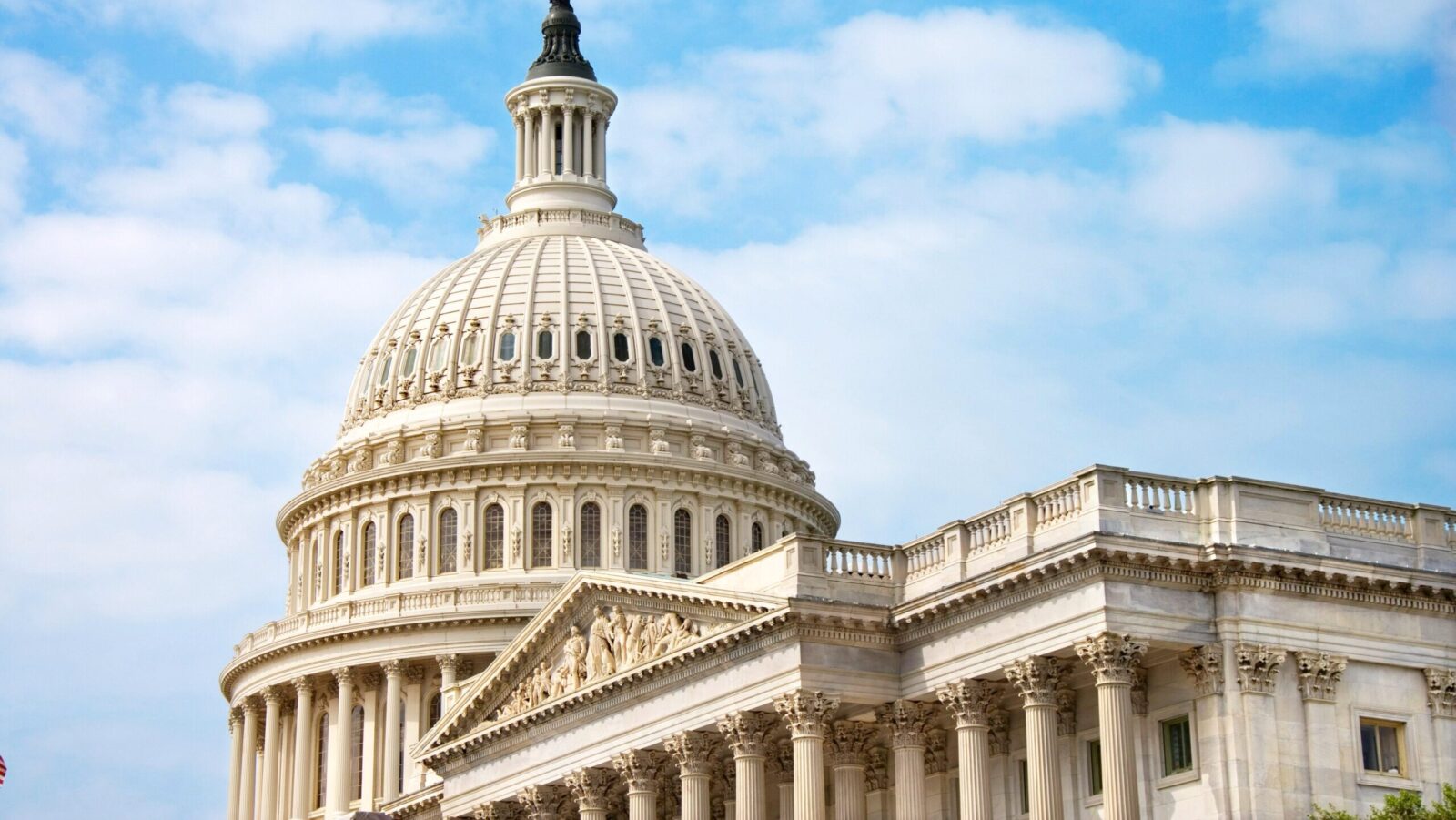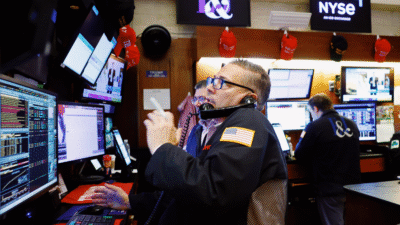After Near Decade of Talks, a Global Carbon Credit Trading Deal at COP29
Countries at the United Nations COP29 climate summit struck a deal on the basic rules to launch an international carbon trading market.

Sign up for smart news, insights, and analysis on the biggest financial stories of the day.
You don’t have to give credit where credit isn’t due.
Countries at the United Nations COP29 climate summit struck a deal Saturday on the basic rules to launch a UN-backed international carbon trading market. But the agreement came nearly 10 years after the market was first proposed and, in little more than a year, the world’s second-largest emitter, the United States, could bail.
Hot Investment or Hot Air?
The centralized trading system will let countries and companies create, register and trade credits representing one ton of carbon dioxide saved or removed from earth’s atmosphere to offset their carbon footprints. It could launch as soon as next year.
In anticipation of the rollout, public- and private-sector stakeholders have already negotiated deals. Among them, Norway reserved up to $740 million for purchases, inking agreements with Benin, Jordan, Senegal, and Zambia. Commodity trader Trafigura inked a pilot carbon project deal with Mozambique to develop large-scale forest restoration projects.
However, the technical details aren’t fully ironed out and the UN’s carbon market experts are still in talks with countries about what kinds of credits they can buy and sell. For example, credits tied to hypothetical emissions like forest preservation or mine closures — as opposed to environmental restoration — have proven controversial:
- Business group IETA and University of Maryland researchers estimate the UN-backed carbon market could be worth $250 billion per year and offset an extra five billion metric tons of carbon emissions per year by 2030.
- But carbon markets have been dogged by a series of scandals, including high profile fraud charges and allegations of scams — a recent Nature Communications study found only 16% of carbon credits issued represented real emissions reductions. Investors have pulled out of voluntary credit markets as a result: they shrunk to $723 million last year from $1.9 billion in 2022, according to Ecosystem Marketplace research.
The Elephant Leaving the Room: President-elect Donald Trump pledged to pull the US out of the Paris Agreement which, under its Article 6, outlines the mechanism for global carbon trading. Anna Karakitsos, an adviser at energy law firm Bracewell LLP, told Asia Financial that Trump likely has “an executive order already drafted.” That would leave US carbon project developers unable to participate in the UN-backed carbon market for any US-based projects.











